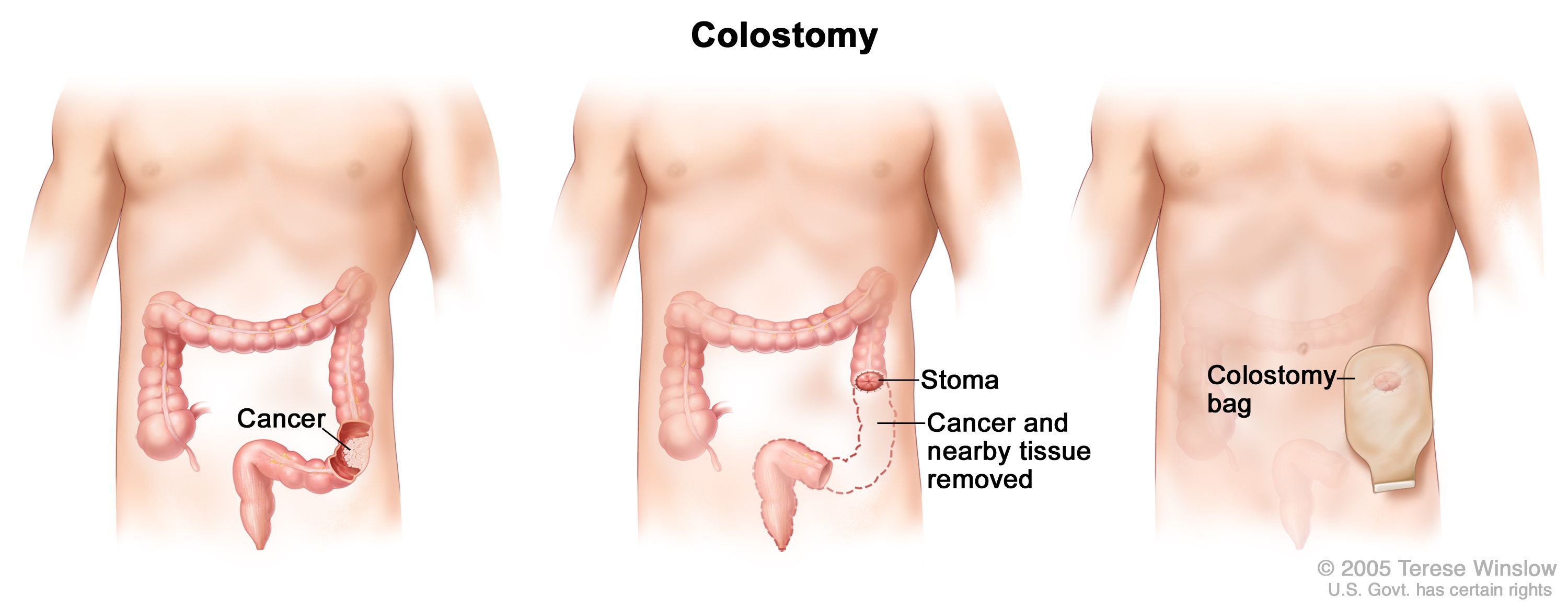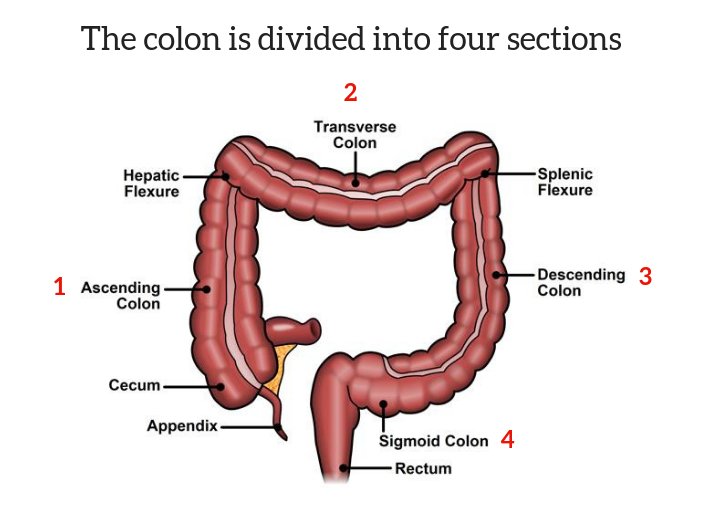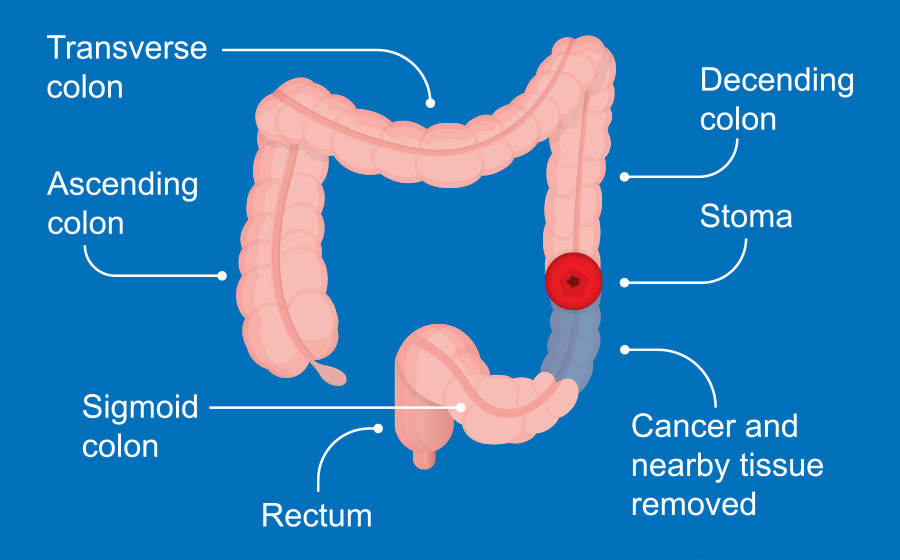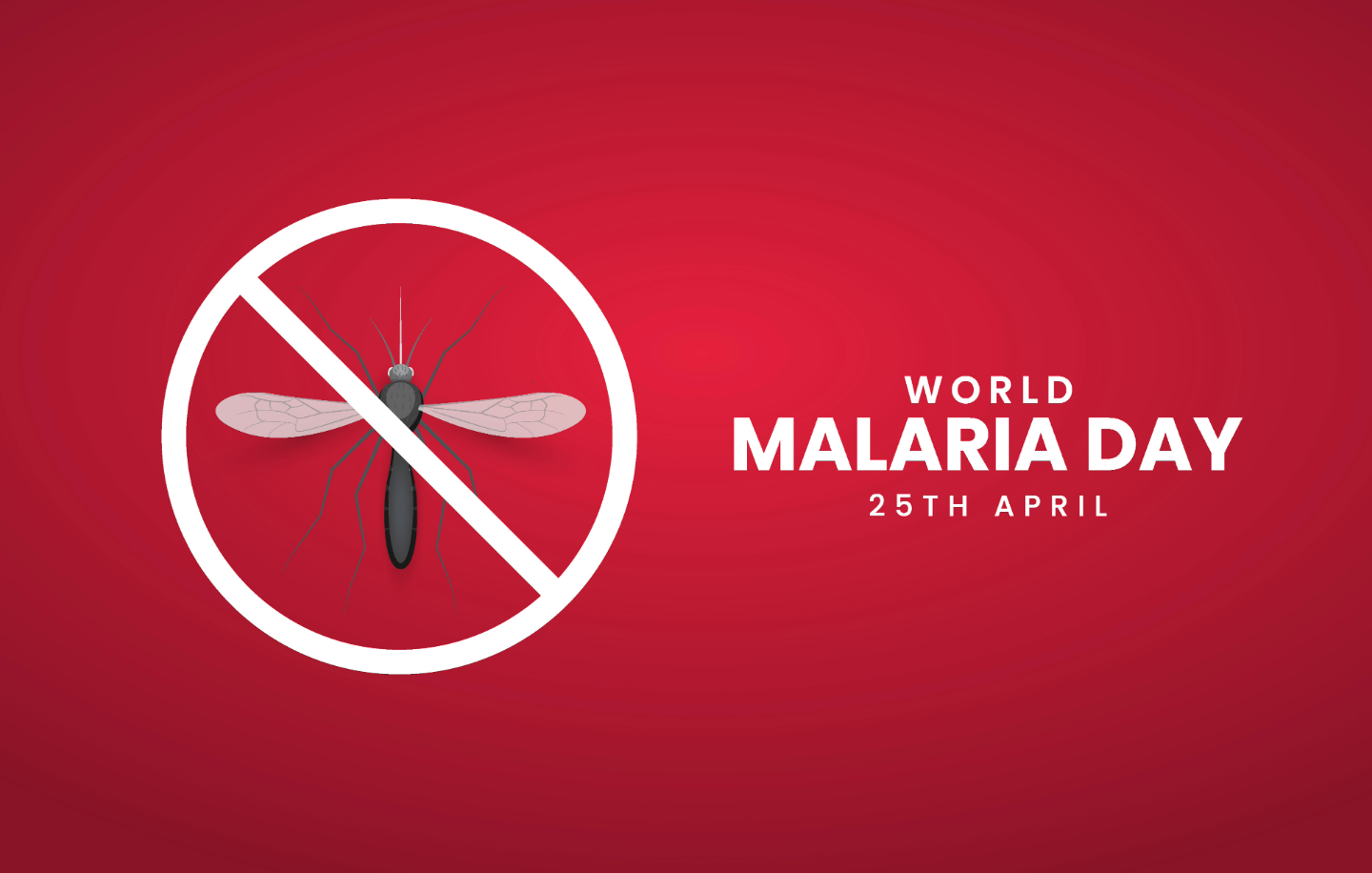Medical Devices
How Colon Cancer is Detected?

Globally, colorectal cancer is the third most prevalent cancer
Globally, colorectal cancer is the third most prevalent cancer and considered mainly as a disease of the elderly. Almost 60% of cases are found in developed countries. In India, colon cancer ranks 8th and rectal cancer ranks 9th among men while in women, colon cancer ranks 9th. Colorectal carcinoma is evolving as a key health issue even in developing countries like India. Altering lifestyle, eating habits, obesity, and lesser physical activity are additional risk factors compounding the risk in this subset of patients. Evidence also discovered that colon cancer is also aggravating in young and is linked with high death rates. Hence, a high index of suspicion should be taken in any young patient presenting with symptoms suggestive of a colon cancer and should be evaluated on time and treated rapidly.
Screening for colon cancer
Doctors recommend some screening tests for healthy individuals without signs or symptoms for detecting signs of colon cancer or non-cancerous colon polyps. Detecting colon cancer at its initial stage provides the highest chances of getting cured. Screening has demonstrated reduction in mortality risk from colon cancer.
Doctors normally advise that individuals with an average risk of colon cancer should initiate screening by 5th decade of their age. However, patients at an elevated risk, like those with a family history of colon cancer, should opt screening earlier. Multiple screening options exist, each associated with their own merits and demerits. Talk about your screening options with your doctor. If a colonoscopy is used for screening, polyps can be removed during the procedure before they turn into cancer.

Diagnosing colon cancer
If your signs and symptoms indicate that you could have colon cancer, your doctor may recommend one or more tests and procedures, including:
1) Colonoscopy. Colonoscopy uses a long, flexible and slim tube attached to a video camera and monitor to view your entire colon and rectum. If any suspicious areas are detected, your doctor can pass surgical tools through the tube to take tissue samples (biopsies) for analysis and remove polyps.
2) Blood tests. No blood test can confirm whether you have colon cancer. But it may aid your doctor in finding hints of your general health, like kidney and liver function tests. Your doctor may also prescribe a blood test for detecting the presence of a chemical sometimes produced by colon cancers (carcinoembryonic antigen, or CEA). Followed regularly, CEA levels in your blood may assist your doctor in understanding your prognosis and whether your cancer is responding to treatment.
3) Stool-based tests
- Highly sensitive fecal immunochemical test (FIT) every year
- Highly sensitive guaiac-based fecal occult blood test (gFOBT) every year
- Multi-targeted stool DNA test (mt-sDNA) every 3 years

Colon Cancer Surgery
A colectomy is surgery to remove all or part of the colon. Nearby lymph nodes are also removed. If only part of the colon is removed, it's called a hemicolectomy, partial colectomy, or segmental resection. The surgeon takes out the part of the colon with the cancer and a small segment of normal colon on either side.

In addition to surgical resection, surgical options for colorectal cancer include:
Laparoscopic surgery: Some patients may be able to have laparoscopic colorectal cancer surgery. With this technique, several viewing scopes are passed into the abdomen while a patient is under anesthesia.
Anesthesia is medicine that blocks the awareness of pain. The incisions are smaller and the recovery time is often shorter than with standard colon surgery. Laparoscopic surgery is as effective as conventional colon surgery in removing the cancer. Surgeons who perform laparoscopic surgery have been specially trained in that technique.
MIRUS circular stapler gives phenomenal clinical performance, usability experience and adaptability with wide range of Lumen Sizes for anastomosis. This Circular Stapler is a sterile single patient use, mechanical instrument design reflects three decades of experience drawn from leading Bariatric, Colorectal and General Surgeons across the globe.

Colostomy for rectal cancer: Less often, a person with rectal cancer may need to have a colostomy. This is a surgical opening, or stoma, through which the colon is connected to the abdominal surface to provide a pathway for waste to exit the body. This waste is collected in a pouch worn by the patient.
Sometimes, the colostomy is only temporary to allow the rectum to heal, but it may be permanent. With modern surgical techniques and the use of radiation therapy and chemotherapy before surgery when needed, most people who receive treatment for rectal cancer do not need a permanent colostomy. Learn more about colostomies.

Radiofrequency ablation (RFA) or cryoablation. Some patients may have surgery on the liver or lungs to remove tumors that have spread to those organs. Other ways include using energy in the form of radiofrequency waves to heat the tumors, called RFA, or to freeze the tumor, called cryoablation. Not all liver or lung tumors can be treated with these approaches. RFA can be done through the skin or during surgery. While this can help avoid removing parts of the liver and lung tissue that might be removed in a regular surgery, there is also a chance that parts of tumor will be left behind.
Read More about Surgical Option here : Meril Endo surgical Devices





